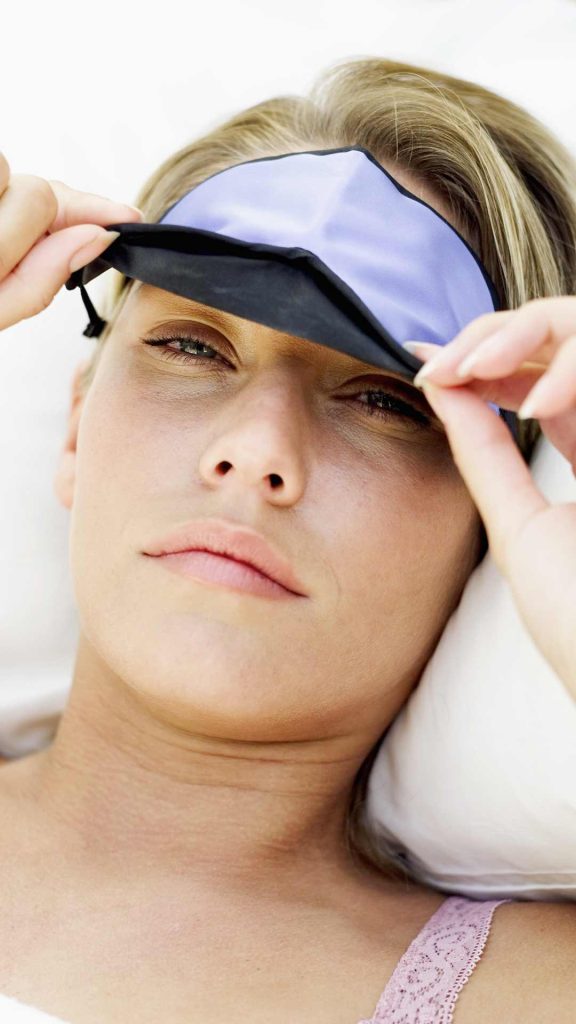Sleep has a profound and far-reaching impact on overall health, particularly in the realm of skin regeneration. As a crucial time for the body’s self-repair and renewal, adequate sleep not only benefits general health but also plays a vital role in skin repair and regeneration. Understanding the significance of sleep in skin regeneration helps in developing more effective skincare and lifestyle practices, ensuring skin health and youthfulness.

1. The Relationship Between Sleep and Skin Repair
During sleep, the body enters a deep repair phase where various repair mechanisms accelerate. The skin, as a part of the body, especially benefits from this time for self-repair. During deep sleep, the secretion of growth hormones increases, which are essential for skin cell repair and regeneration. Growth hormones stimulate the production of collagen and elastin, promote the repair of damaged cells, and support the growth of new cells, thereby enhancing skin elasticity and firmness.
2. The Impact of Sleep on Skin Health
Adequate sleep significantly improves skin appearance. Research has shown that lack of sleep is closely related to skin issues such as dullness, dryness, and the formation of wrinkles. Insufficient sleep can lead to a decrease in skin barrier function, making the skin more susceptible to external damage. Additionally, sleep deprivation triggers internal inflammatory responses, resulting in skin problems such as redness and acne. Prolonged lack of sleep can accelerate the aging process of the skin, affecting its natural glow and elasticity.
3. Negative Effects of Sleep Deprivation on Skin Regeneration
Sleep deprivation not only affects the immediate condition of the skin but also has long-term negative effects on skin health. Studies have found that lack of sleep disrupts the skin’s natural regeneration cycle, making skin repair slower. The skin cell renewal cycle may be prolonged in cases of sleep deprivation, leading to the delayed shedding of old dead skin cells and difficulty in forming new skin cells. This situation can result in a tired, dull complexion and increased signs of aging.
4. Tips for Improving Sleep Quality
To maximize the positive impact of sleep on skin regeneration, consider the following measures to improve sleep quality:
- Establish a Regular Sleep Schedule: Stick to the same bedtime and wake-up time each day to regulate your biological clock and enter deeper levels of repair during sleep.
- Create a Comfortable Sleep Environment: Ensure the bedroom is quiet, dark, and maintains a suitable temperature to promote deep sleep.
- Avoid Stimulants Before Bed: Limit caffeine and sugar intake before bedtime and reduce the use of electronic devices to avoid disrupting sleep quality.
- Maintain Relaxing Pre-Sleep Habits: Engage in relaxing activities such as reading, meditating, or taking a warm foot bath to alleviate stress and promote restful sleep.
Conclusion
Sleep plays a crucial role in skin regeneration. Adequate sleep facilitates the skin’s self-repair, enhancing its health and appearance. Conversely, insufficient sleep can accelerate skin aging and contribute to various skin problems. By maintaining good sleep habits and creating an optimal sleep environment, you can maximize the positive effects of sleep on skin regeneration, keeping your skin smooth, firm, and vibrant.